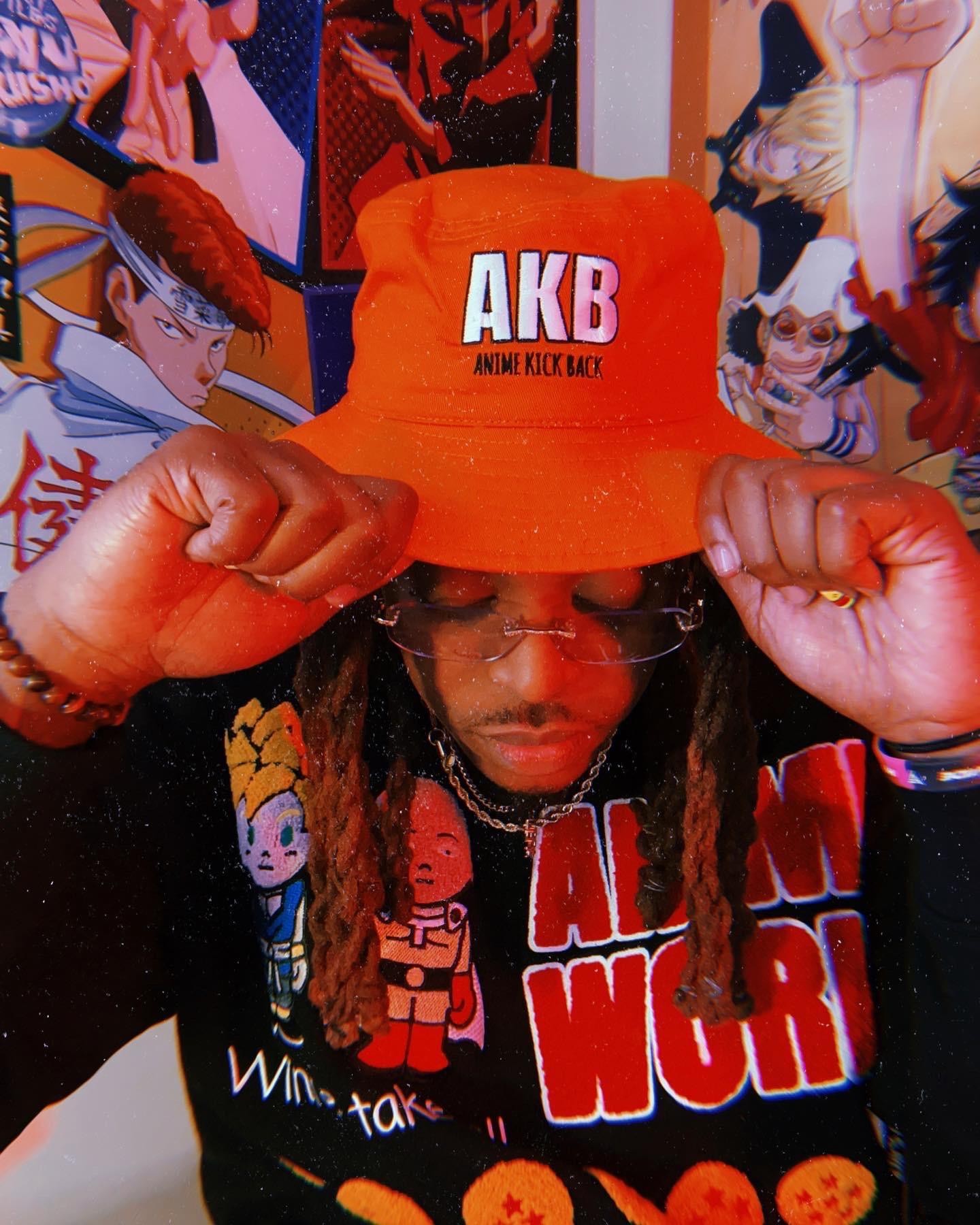We recently connected with Kedryck James and have shared our conversation below.
Kedryck, appreciate you joining us today. How did you learn to do what you do? Knowing what you know now, what could you have done to speed up your learning process? What skills do you think were most essential? What obstacles stood in the way of learning more?
Despite the amount of podcasts currently out there, creating a quality podcast is not an easy task. I had to learn the trade through various trial and error processes. I started with two USB cord microphones and used to record directly on to the Anchor App. But I wanted to curate the podcast my own way. I ended up buying an audio interface and four new mics while also utilizing a digital audio workstation (or DAW) to help edit the podcast the way I wanted. I spent hours on YouTube learning how to edit the sound and add different clips or soundbites to each episode. Knowing what I know now, I should have taken the opportunity to learn how to edit sound before I began my podcast. However, learning on the go has been an experience and I do not regret the decision to do so. It also gives me the opportunity to learn more editing techniques and utilize different DAWs and interfaces. I think patience, focus, time management are some of the essential skills I used to get the podcast experience I wanted. The main obstacle is money, of course. Podcasting is very expensive from an equipment standpoint alone. More funds means better equipment and a better listening experience.




Awesome – so before we get into the rest of our questions, can you briefly introduce yourself to our readers.
So for starters, my name is Kedryck but I use the moniker, K3DthePro (pronounced Ked the Pro), on the show. The podcast is called the Khaotic Kulture Podcast and the purpose of the podcast is to deep dive into modern Black Culture and interview/highlight young Black professionals and creatives. The podcast tries to cover every area where Black or African Americans can thrive: from music, finances, homeownership, small businesses and entrepreneurs, HBCUs, sports, comics, anime, and content creators online. I aired the first episode of the podcast in June 2020 during the beginning of the COVID-19 pandemic. The podcast does its best to highlight these parts of the culture while also offering advice to navigate around the negative and outrageous parts. Each week I try to highlight a guest or talk about current events; my hope is the podcast reaches the ears of someone who may not know what they want to accomplish in life and may be encouraged by our work and the works of those we interview. I am really proud of the team I was able to assemble. Lawrence (who goes by Law/Shmurda on the pod) and Chinasa (goes by Nása on the pod) were my first co-host on the pod and they always made sure the pod stayed lively and interactive. Sape and Johnie (goes by Jay Lee Trey) joined this season and I am already overwhelmed with how willing and able my team is to make this experience a great one! What really separates this podcast from the others is our range and our dedication to positivity. We are here to create a space where our younger audience members can thrive no matter what industry they are involved in.
Is there a particular goal or mission driving your creative journey?
My main goal is to eventually become an internationally recognized podcast. When you look at other programs like Drink Champs, 85 South Show, and Million Dollaz Worth of Game, I want to eventually be on the same level as those programs. The mission of the podcast is to continue to highlight up and coming Black artists, creatives, entrepreneurs, and professionals and give them a platform to express themselves.




In your view, what can society to do to best support artists, creatives and a thriving creative ecosystem?
The best thing society can do is continue to invest in these artists and keep cultural art programs alive. Not every person wants to go into STEM, government, or Corporate America. The world, especially the United States, should still be able to cater to young kids and adults who wish to immerse themselves in the cultural arts. Society should also allow avenues for minorities and those in the LGBTQIA+ community to thrive in their hobbies without threat to their existence. For digital content creators, the best thing to do is to donate to those pay walls, subscribe to their pages and accounts, and be engaging in their community.
Contact Info:
- Website: linktr.ee/khaotickulturepod
- Instagram: @khaotickulturepod
- Facebook: Khaotic Kulture Podcast
- Twitter: @Khaotic_Kulture
- Other: [email protected] for booking inquiries
Image Credits
Alexander Hamilton Daniel Green


